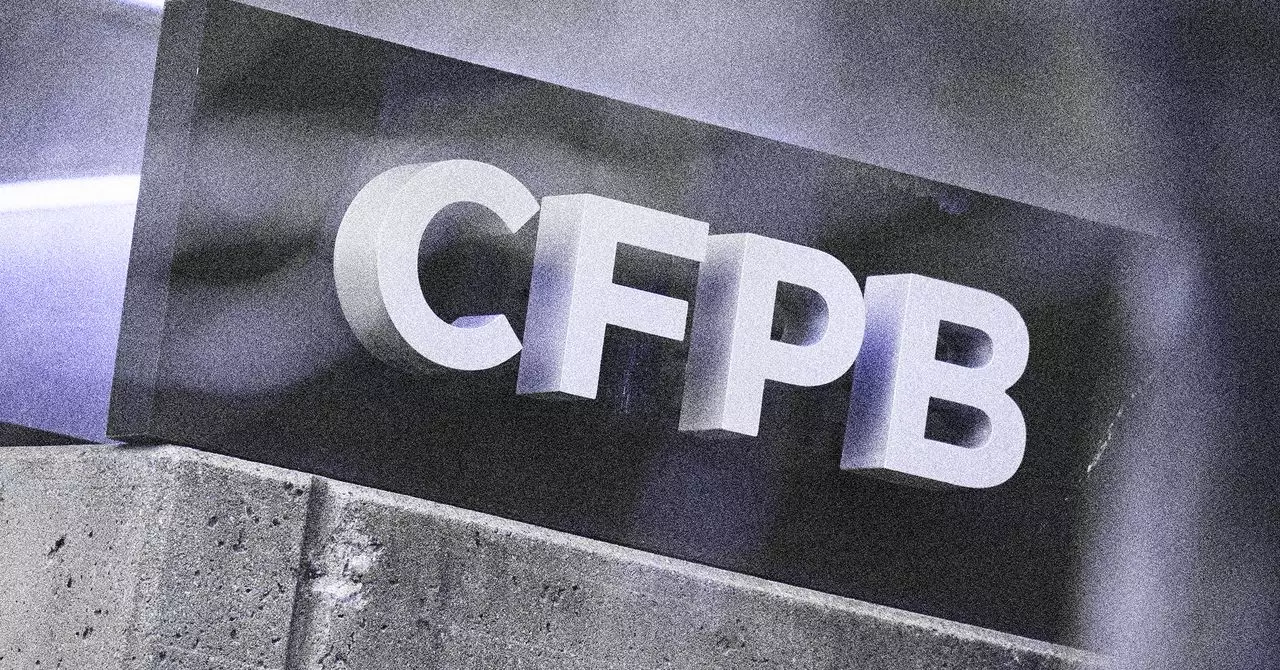The consumer protection landscape in the United States is a complex and often tumultuous arena, with the Consumer Financial Protection Bureau (CFPB) playing a pivotal role since its inception in 2010. Recently, it has faced a wave of aggressive challenges, culminating in a critical moment when over 1,400 employees were threatened with layoffs. A federal judge, Amy Berman Jackson, intervened to stave off immediate terminations, but this decision reflects a deeper struggle between consumer advocacy and regulatory rollback efforts.
The CFPB was created with a clear mandate: to shield consumers from abusive practices in the financial sector. From addressing predatory lending to rooting out discrimination, the agency has acted as a bulwark against corporate malfeasance. Yet, its very existence has drawn ire from conservative factions and business interests who view it as an overreach of government authority, arguing that its regulatory burdens stifle innovation and economic growth. The fight over the agency’s future represents not just a battle for public sector jobs but a fundamental disagreement over the role of regulation in a capitalist economy.
Legal Turmoil and Administrative Overreach
In a dramatic legal turn of events, Judge Jackson’s ruling has temporarily halted what some insiders described as a hasty and chaotic approach to layoffs, spearheaded by an administration that seems eager to dismantle a regulator perceived as holding too much power. Jackson’s decision is particularly noteworthy given the urgency with which the layoffs were to be executed—employees were given shockingly little notice before losing access to critical agency systems. The abrupt nature of these moves has led to increased scrutiny of the actions being taken by figures like Russell Vought, the acting director behind these layoffs.
The plight of the CFPB employees highlights the emotional toll and uncertainty that comes with such drastic workforce reductions. Whistleblowers within the agency have reported the aggressive tactics used by management to expedite layoffs, raising ethical questions about the conduct of those in charge. An anonymous employee’s account of Vought’s “incompetence” outbursts emphasizes how the frantic pace of decision-making can lead to a toxic work environment, which not only affects morale but can also hinder effective governance.
Affecting Real Lives: The Human Cost of Layoffs
This legal battle isn’t merely an abstract dispute over bureaucratic processes; it has real consequences for the lives of those who have dedicated themselves to public service. With nearly 90 percent of the workforce facing termination, the impending layoffs have triggered anxiety among employees who see themselves as defenders of consumer rights. The CFPB’s work involves sensitive issues like medical debt and student loans, areas deeply interconnected with the financial well-being of countless Americans. By de-prioritizing these cases, the agency risks leaving vulnerable populations without essential protections and support.
As groups like the National Treasury Employees Union rally to challenge the administration’s actions, it’s clear that this conflict extends beyond the CFPB’s workforce. Stakeholders across the board—advocates, consumers, and even businesses—are watching closely, recognizing that the outcomes will reverberate throughout the financial ecosystem. A weakened CFPB could embolden unscrupulous lenders and leave consumers more susceptible to exploitation, ultimately undermining the very principles of fairness and transparency the bureau was founded to uphold.
What Lies Ahead for the CFPB?
As the hearings approach, the future remains uncertain, exposing a fraught political landscape where consumer interests are often sidelined. The contours of regulation, litigation, and administrative policy will continue to shape not only the CFPB but the broader regulatory framework in which consumers operate. The rhetoric surrounding these layoffs underscores a stark division: one side sees regulation as a necessary check on corporate power, while the other regards it as a burden hindering economic progress.
The judicial system’s involvement in this battle reflects a critical check on executive power, reaffirming the necessity of oversight in the face of political maneuvering. The implications of this case introduce questions about the sustainability of consumer protection under a potentially weakened CFPB. For those advocating for consumer rights, the stakes couldn’t be higher. The struggle represents not only a fight for jobs but also a broader commitment to ensuring that the most vulnerable Americans receive the protections they deserve in an ever-evolving economic landscape.

